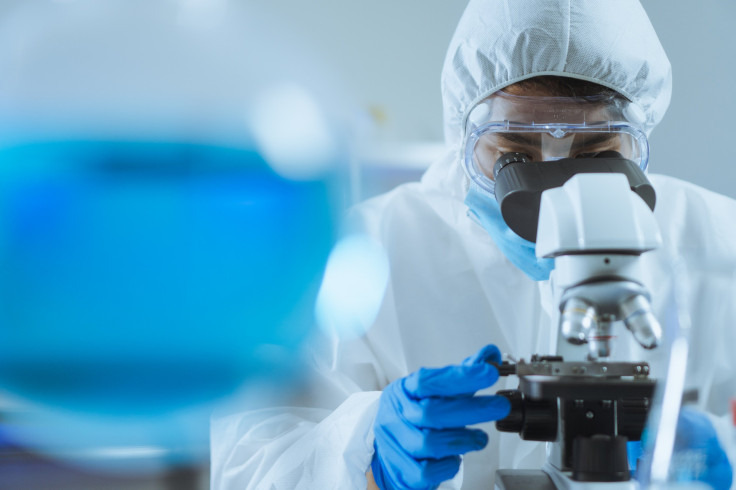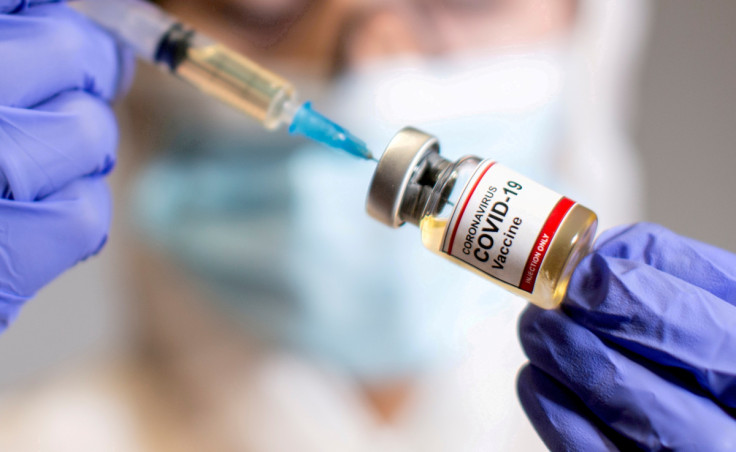New Russian Bat Virus, Khosta-2, Could Start Another Pandemic; 'Resistant' To COVID-19 Vaccine

KEY POINTS
- Khosta-2, a sarbecovirus identified in Russian bats in 2020, can infect human cells, scientists found
- It is also resistant to monoclonal antibodies and serum from individuals vaccinated against COVID-19
- Khosta-2 may combine with other viruses to become more dangerous
A COVID-19-like virus that was discovered in bats in southern Russia may be able to infect humans while being resistant to current vaccines, scientists found.
Khosta-2 and another virus, Khosta-1, did not appear to be threats to humans when they were identified in lesser horseshoe bats (Rhinolophus hipposideros) near Sochi National Park in 2020, according to Michael Letko, a virologist from Washington State University.
Both did not look like SARS-CoV-2, the virus that causes COVID-19, which meant "no one thought they were really anything to get too excited about," Letko said in a statement.
However, tests later showed that Khosta-2 was able to infect human cells using the same entry mechanisms as SARS-CoV-2, while Khosta-1 was able to enter human cells with the introduction of the enzyme trypsin.
Khosta-2 was also resistant to monoclonal antibodies and serum from individuals who received vaccines for COVID-19, according to a study published in the peer-reviewed medical journal PLOS Pathogens on Sept. 22.
"[W]e were really surprised to find they could infect human cells. That changes a little bit of our understanding of these viruses, where they come from and what regions are concerning," Letko, a co-author of the study, said in the statement.
Khosta-2 supposedly lacks some of the genes that are believed to be involved in the human infection process, but there is a risk of it recombining with a second virus like SARS-CoV-2.
"When you see SARS-2 has this ability to spill back from humans and into wildlife, and then there are other viruses like Khosta-2 waiting in those animals with these properties we really don't want them to have, it sets up this scenario where you keep rolling the dice until they combine to make a potentially riskier virus," Letko said.
The discovery of Khosta-2 highlights the need to develop universal vaccines to protect against sarbecoviruses (severe acute respiratory syndrome-related coronavirus), he said.
While there are groups trying to come up with a vaccine that protects against sarbecoviruses in general, they may not be enough, according to Letko.
"Unfortunately, many of our current vaccines are designed to specific viruses we know infect human cells or those that seem to pose the biggest risk to infect us. But that is a list that's everchanging. We need to broaden the design of these vaccines to protect against all sarbecoviruses," he said.
The U.S. has reported a total of 96,143,199 COVID-19 cases and 1,053,789 virus-related deaths, data provided by the Centers for Disease Control and Prevention showed.

© Copyright IBTimes 2025. All rights reserved.





















